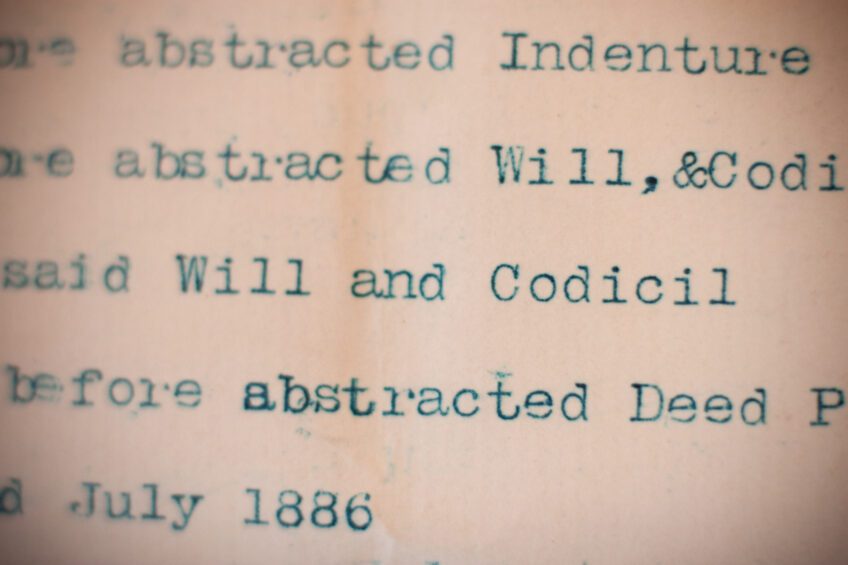Wills are an incredibly important legal document that every adult should make, says Christine Morey, a solicitor at Tallents Solicitors. Wills provide clear guidance on the distribution of your assets when you have died. If you die without a will, known as dying intestate, then your assets will pass to your relatives in the order set out under the Intestacy Rules, and if you have no surviving relatives then your assets will pass to the Crown.
But what happens if someone loses mental capacity, perhaps from a brain injury, serious illness or dementia, and hasn’t yet made a will? Can they still make one to avoid dying intestate? In this case, not all is lost as it is possible to apply to the Court of Protection on behalf of a person now lacking mental capacity to make a ‘statutory will’ on their behalf.
What is a statutory will?
The Court of Protection can make a statutory will, or make changes to an existing will under certain circumstances, such as:
- A vulnerable person is currently without a will
- A vulnerable person who has high value assets
- There has been a change in the value of the assets (an increase or decrease)
- Tax planning reasons (to save Inheritance Tax)
- One (or more) of the beneficiaries of an existing will has died
- The existing will no longer reflects what the individual may have wanted
Why apply for a statutory will?
To make a valid will a person has to have testamentary capacity. This means they are capable of making clear decisions about their financial assets and understand the consequences of those decisions.
However, any will made by a vulnerable person who has lost the mental capacity to make their own decisions about the distribution of their assets after their death, is likely to be invalid and could be challenged by family members.
Usually, a Deputy appointed by the Court of Protection or someone who holds a Power of Attorney (Enduring Power of Attorney or a Lasting Power of Attorney) for the vulnerable person will make the application for a statutory will. It’s also possible for someone who has an interest in the individual’s assets under an existing will, or through intestacy rules, or someone for whom the individual might have been expected to provide for to also apply for a statutory will.
What will the court consider when dealing with an application for a statutory will?
The process of applying to the Court of Protection for a statutory will, or a change to an existing will, can be quite complex, with several detailed application forms to complete and submit alongside supporting documents, so it’s advisable to seek guidance from an experienced solicitor who is used to dealing with the Court of Protection.
The court will always put the best interests of the vulnerable person first. This will include:
- Applying an objective test to establish that the individual is not able to make a will by themselves
- Considering what would the individual be likely to do if they could have made a will themselves
- Considering what their beliefs and personal values were
- Consider how they’ve acted and made decisions in the past
- Considering any other factors that the individual might also have considered when making the will
The court will also take into account the views of interested parties, such as family members and close friends.
The process of applying for a statutory will can take considerable time as the court will do everything in its power to make sure the final decision is the correct one for the individual. However, if the individual’s death is imminent, then it is possible to apply to the court for an emergency decision.
The experienced team at Tallents Solicitors can help guide you through the process of making a will, amending an existing will or applying for a statutory will. Please call us at our Newark, Southwell or Mansfield office to make a confidential appointment now.
— — —
This legal content of this article is correct at the date of publishing. We recommend you seek legal advice with regards to your personal circumstances before acting.



